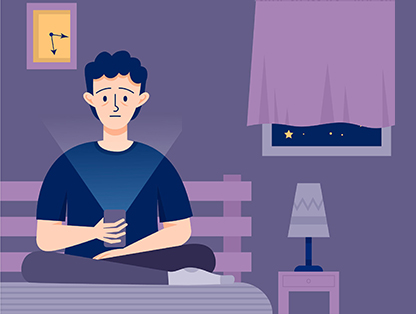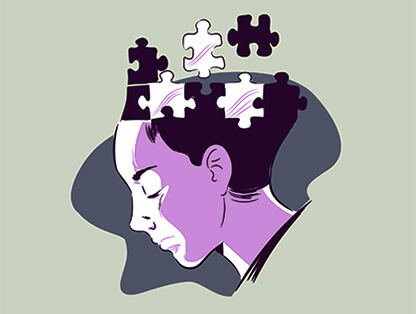I’ve typically done well on tests or tasks despite feeling afraid that I wouldn’t do well beforehand.
I typically feel upset or discouraged if I’m not going to be “special” or “the best” at achieving something
I can give the impression that I’m more intelligent or competent than I really am.
I avoid being evaluated if possible and dread when others evaluate me.
When people compliment or praise me for my accomplishments, I’m scared I won’t live up to their expectations of me in the future.
I sometimes think everyone could get my present position or achieve my present success. Just because I happened to be in the right place at the right time or knew the right people.
I’m afraid people important to me may find out that I’m not as qualified and capable as they think I am.
I remember the times when I haven’t done my best more than those times I have done my best.
It’s rare for me to do a task or project as well as I’d hoped.
Sometimes I feel guilty about my success in life or work.















